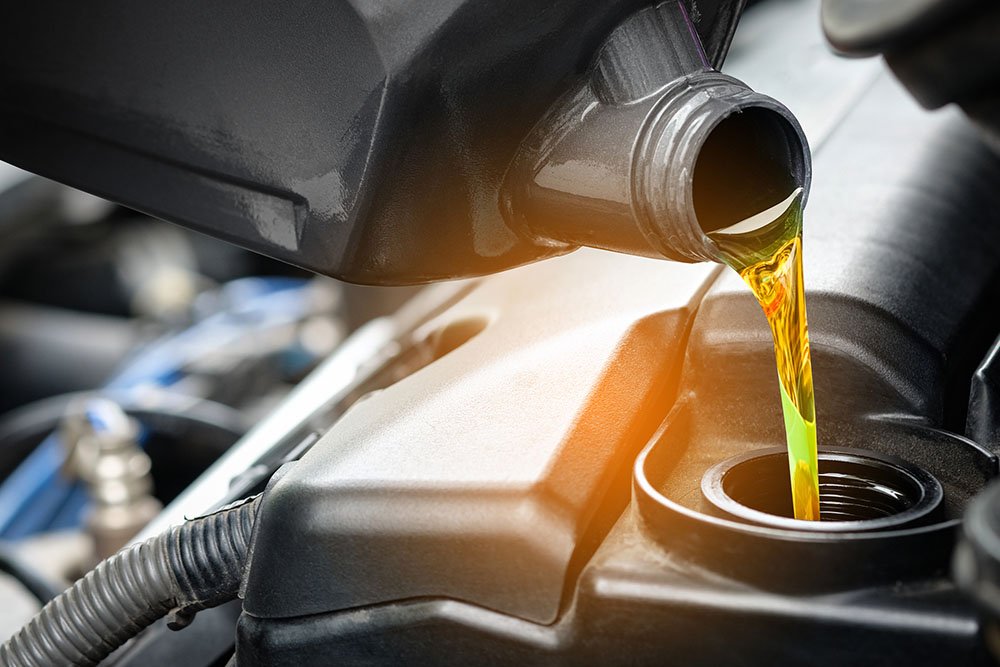Maintaining a vehicle is crucial to ensure its longevity, efficiency, and safety. One of the most fundamental aspects of vehicle maintenance is the regular changing of its oil. This seemingly simple task plays a pivotal role in the health and performance of a vehicle.
Why Change Oil Regularly?
- Engine Lubrication: The primary function of oil is to lubricate the engine’s moving parts. Regular oil changes ensure these components work smoothly, reducing friction and preventing wear.
- Heat Reduction: Besides lubrication, oil helps dissipate heat. Fresh oil effectively carries away this heat, preventing overheating.
- Cleaning: Over time, oil accumulates dirt, debris, and other contaminants. Regular oil changes help remove these impurities, keeping the engine clean.
- Enhancing Longevity: Regular oil changes can significantly extend the life of your vehicle’s engine, reducing wear and tear and leading to fewer breakdowns and repairs.
Consequences of Neglecting Oil Changes
Failing to change oil regularly can have detrimental effects on your vehicle:
- Engine Damage: Old, dirty oil can cause increased friction, leading to overheating and potential engine damage or failure.
- Poor Performance: Sludge and buildup from old oil can reduce engine efficiency, leading to poorer performance and increased fuel consumption.
- Increased Emissions: Older oil can lead to higher emissions, potentially causing the vehicle to fail emissions tests.
- Costly Repairs: Neglecting oil changes can lead to severe engine damage, resulting in expensive repairs or even the need for a complete engine replacement.
Types of Motor Oil
Understanding the types of motor oil can help you select the best option for your vehicle:
- Conventional Oil: Standard oil used in many vehicles, best for simple engine designs and light-duty use.
- Synthetic Oil: Designed for high-performance engines, synthetic oil provides superior high-temperature stability and reduces engine wear.
- Synthetic Blend Oil: A mix of synthetic and conventional oils, offering better protection than conventional oil, especially in extreme temperatures.
- High-Mileage Oil: Formulated for vehicles with over 75,000 miles, this oil helps reduce oil consumption, minimize leaks, and reduce smoke and emissions in older engines.
Choosing the Right Oil for Your Vehicle
To select the best oil:
- Consult Your Owner’s Manual: Follow the manufacturer’s recommendations for oil type based on engine design.
- Consider Your Driving Conditions: If you drive in extreme conditions (hot, cold, or tow heavy loads), a synthetic oil may be a better choice.
Understanding Oil Viscosity
The numbers in motor oil types, such as 5W-30 or 10W-40, refer to the oil’s viscosity rating, which is a measure of its thickness and how smoothly it flows at different temperatures. This rating is critical because it affects the engine’s health and efficiency.
- First Number with ‘W’: The first number (e.g., “5” in 5W-30) followed by the ‘W’ (Winter) indicates the oil’s viscosity at low temperatures. A lower number means better flow in

Patrick M. is Editorial Director for the always expanding DriveSafe Online library of courses. With over two decades of experience developing award-winning training, he now focuses on innovating online driver safety training. Pulling from his background in journalism, he steers the wheel behind the creation of top-tier content that promotes a better journey—whether on the digital highway of learning or the real roads we travel every day.
